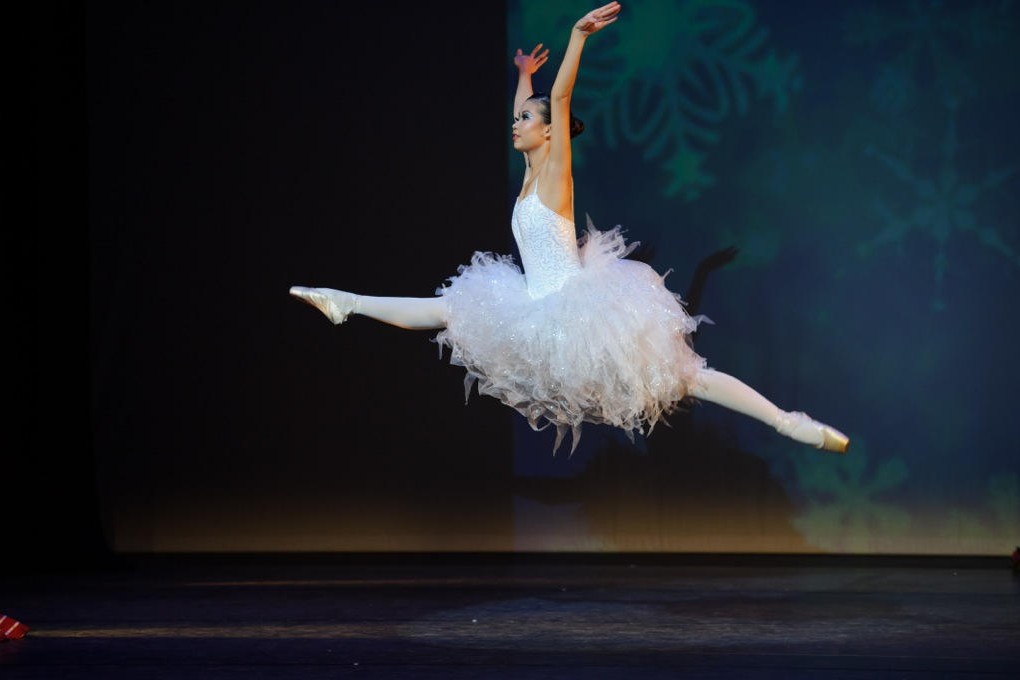The pros and cons of taking a gap year
Taking a year off gives students time to pursue other interests while they are away from the academic environment

Secondary and post-secondary education is becoming more stressful and competitive for students and, for parents, more expensive. This is especially true in Hong Kong. It's no surprise then, that many school leavers are considering a sabbatical or gap year.
It can be a welcome breather, and a chance to recover from the rigours of the two-year IB diploma programme or IGCSE exams. But it's also an opportunity to pursue personal interests, earn pocket money, do volunteer work, and explore the world before settling down to a career or advanced studies.
Emi Ichikawa Ng, 18, graduated in June 2013 from the YMCA of Hong Kong Christian College, where she took her A-Levels in English, history and art. After taking a year off, she is now studying professional dance at the Northern Ballet School in Manchester, Britain. Her gap year was low-key.
"I decided to take a gap year because I graduated at 17, and felt too young and unprepared to go straight into vocational training. I thought it was best to take more dance classes, and do dancing jobs to gain experience first," she says.
Emi spent the first several months applying to post-secondary dance schools while continuing weekly classes at DMR School of Ballet and Future Stars Dance Academy. Her long-time contemporary dance instructor, Melissa Thornton, put her on the payroll for some commercial event gigs.